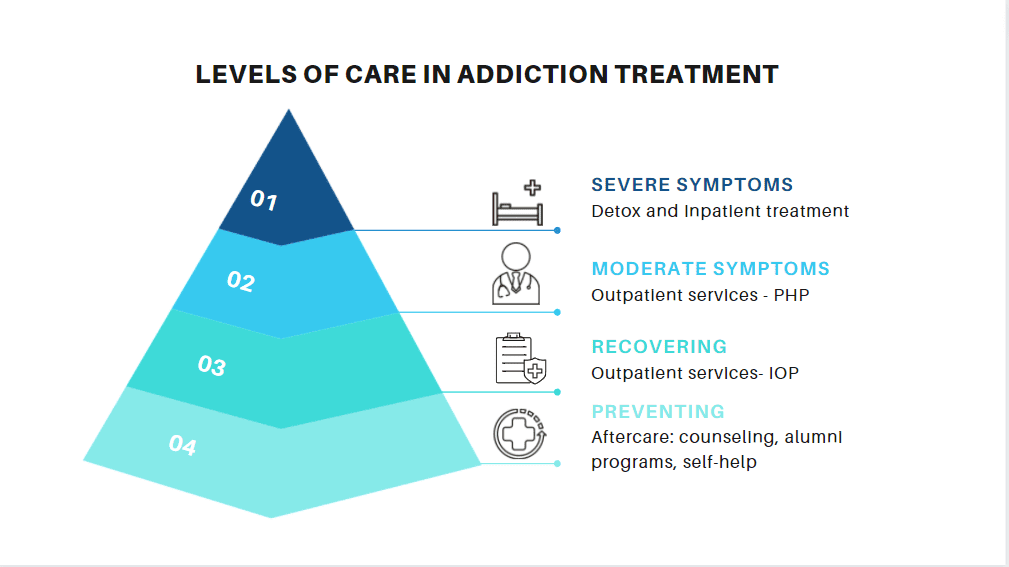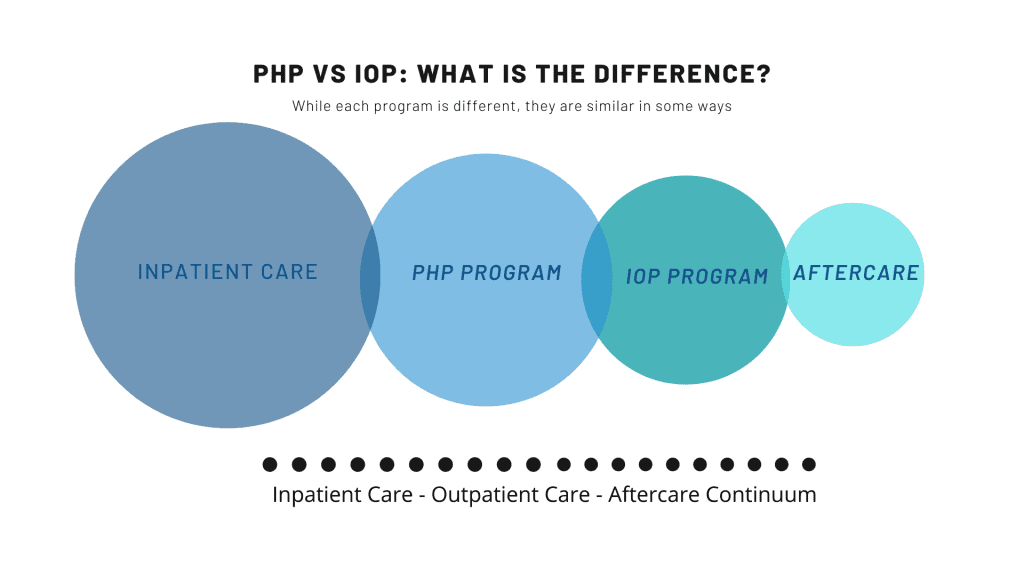Understanding “PHP” Medical Abbreviation
Partial Hospitalization Programs (PHP), as offered by Lifescape Recovery in Los Angeles, represent a critical level of care for individuals requiring intensive treatment for mental health and substance abuse disorders without the need for an entire hospital stay. PHP is an intermediary step between inpatient care and less intensive programs like Intensive Outpatient Programs (IOP).

The Structure of PHP at Lifescape Recovery
PHP at Lifescape Recovery typically involves treatment sessions that last approximately 5-6 hours per day, spread over 3-5 days each week. This schedule allows patients to engage in comprehensive therapy while still maintaining the ability to spend evenings at home, supporting a balance between intensive care and everyday life.

Services Provided in PHP
The PHP at Lifescape Recovery includes a blend of individual therapy, group therapy, and medication management. Therapeutic approaches such as Cognitive Behavioral Therapy (CBT), Dialectical Behavior Therapy (DBT), and other evidence-based practices are employed to address a wide range of disorders. This comprehensive approach ensures that the behavioral symptoms and underlying issues are treated.
“PHP” Medical Abbreviation
PHP is an abbreviation for Partial Hospitalization Program, a mental health treatment program. PHPs offer intensive, structured treatment for people with serious mental health conditions or substance abuse issues who don’t need 24/7 supervision but can benefit from a highly structured setting. PHPs are a step down from inpatient hospitalization but offer more support than traditional outpatient therapy. Patients tend to enter PHP directly after completing their detoxification or inpatient treatment. In most cases, PHP requires the patient to be available for treatment on a daily basis. The main difference is that more of the patient’s time is required each day compared to the IOP.
At Lifescape Recovery in Los Angeles, CA, we provide our top-rated PHP. Why do patients choose us:
✳️ 6 hours a day, 5 days a week PHP with a flexible schedule
✳️ In-person & virtual appointments
✳️Morning, Noon & Evening Tracks
✳️ Most Insurance plans accepted
PHP programs have significant amounts of individual and group therapy where they are taught better-coping mechanisms to deal with their stress as alternatives to turning to alcohol and drug abuse for solace or self-medication. PHP is sometimes referred to as day-treatment to capture the idea that a patient will receive care nearly full-time during the day and be allowed to go home in the evenings.
The difference between an IOP and a PHP is subtle but important. The right program for you will depend on many factors, including whether you’ve been in treatment before and have a strong support system at home.
Benefits of PHP
The primary advantage of PHP is that it provides a structured and supportive environment necessary for significant mental health challenges while allowing flexibility. Patients benefit from daily professional support without complete hospitalization, aiding their transition towards less intensive care or return to daily life.

Ideal Candidates for PHP
PHP is suitable for individuals who have undergone detox or an inpatient program and need continued intensive treatment. It’s particularly beneficial for those who are stable enough not to require 24-hour supervision but still benefit from a structured therapeutic environment.
Commitment to Care at Lifescape Recovery
Lifescape Recovery’s PHP is designed to offer a high level of care that adapts to each individual’s unique needs. The program supports long-term recovery and wellness with a team of experienced and specialized clinicians dedicated to providing exceptional care.
Getting Started with PHP at Lifescape Recovery
Starting PHP at Lifescape Recovery involves an initial assessment to determine the appropriate care level and customize the treatment plan. The facility accepts most private and corporate insurances, making it accessible for many patients.


A Path to Sustainable Recovery
PHP at Lifescape Recovery offers a robust framework for individuals needing intensive treatment within a semi-structured environment. By providing comprehensive care during the day and allowing patients to return home at night, PHP supports both effective treatment and gradual reintegration into everyday life.
For those considering PHP, Lifescape Recovery offers the expertise and compassionate care needed to navigate the path to recovery.
Published: May 02, 2024
Last Updated: June 22, 2024

Published: February 20, 2026
IOP Program for Depression
Summary: Depression is one of the most common mental health conditions in the United States, affecting an estimated 21 million adults each year. It causes persistent changes in mood, energy, motivation, sleep, and concentration that interfere with daily functioning, work, and relationships. IOP program for depression provides structured, evidence-based treatment — including individual therapy, group […]
Read more
Published: February 05, 2026
Intensive Outpatient Program for Anxiety
Summary: Anxiety disorders are the most common mental health conditions in the United States, affecting an estimated 40 million adults each year according to the National Institute of Mental Health. While temporary anxiety is a normal response to stress, anxiety disorders involve persistent, excessive worry and fear that interfere with daily functioning, relationships, and quality […]
Read more
Published: January 26, 2026
OCD vs. Autism: Understanding the Differences
Obsessive-compulsive disorder (OCD) and autism spectrum disorder (ASD) are often confused with one another. Both can involve repetitive behaviors, rigid routines, sensory sensitivities, and distress when things feel “off.” From the outside, the overlap can look striking. But in clinical treatment, the why behind those behaviors matters just as much as the behaviors themselves. At […]
Read more
